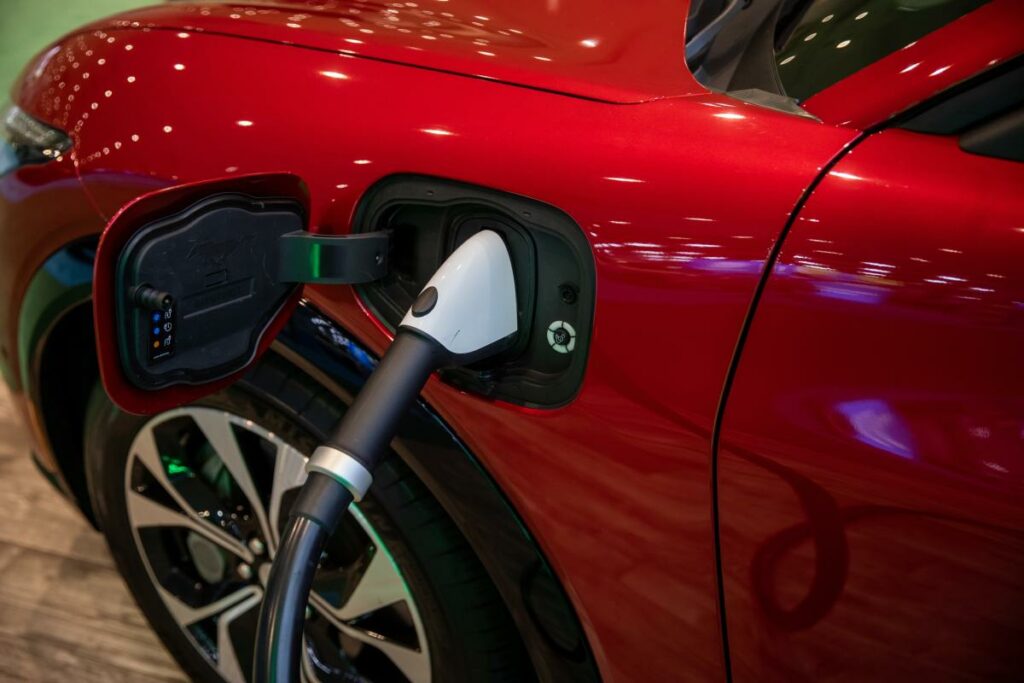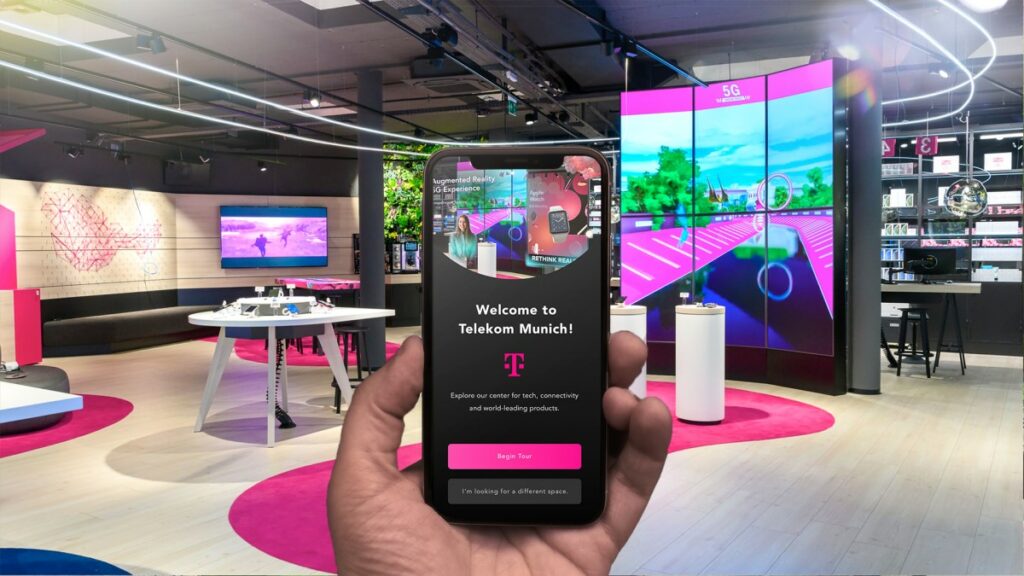Electrifying a fleet of vehicles is the chicken-and-egg problem for the 21st century. Where do you spend money first, on the vehicles or the charging infrastructure?
Believe it or not, that question isn’t always thought through. Joshua Aviv, founder and CEO of SparkCharge, has had fleets approach him and say, “Hey, the cars are here. They’re sitting on the lot. We’ve got no way to service them, no way to charge them. Can you guys help us out?” he told TechCrunch.
Some companies are a tad more prepared and give Aviv a week’s notice, sometimes longer. But that’s not entirely surprising given Aviv’s pitch: buy the vehicles first, and leave the charging to us.
It’s a bit of a pivot from the startup’s first offering, which was mobile EV charging. The company had partnered with AllState to help stranded EV drivers, for example. Now, SparkCharge offers what it calls “charging-as-a-service.” Fleets sign a deal with the startup to buy electricity on a per-kilowatt-hour basis, and SparkCharge make charing happen.
The startup has expanded into all 50 states, Canada, and Mexico, To continue to expand, SparkCharge has raised $15.5 million in a Series A-1 round led by Monte’s Fam with participation from Cleveland Avenue, Collab Capital, Elemental Impact, MarcyPen, and Non-sibi Ventures, the company exclusively told TechCrunch.
Alongside the equity round, SparkCharge also secured a $15 million venture loan from Horizon Technology Finance Corporation.
Aviv founded SparkCharge in 2018 as the electric vehicle wave was beginning to form. Outside of Tesla, fast-charging infrastructure was lacking. But companies were starting to invest in electrification because of the compelling financial outlook: EVs promised not only to save on fuel costs, but also maintenance.
In the seven years since, fast charging has dramatically improved, but it’s not evenly distributed.
“There’s a lot of fleets out there that are like, ‘Hey, I’m in middle of America. Hey, I’m in different parts of the coast,’” Aviv said. In many cases, those customers have a large volume of EVs moving through the facility that need to be charged daily. That includes ports, railheads, or automotive manufacturers.
“Usually these operations are happening 24/7,” Aviv said. “They want to get these cars charged, but back out on the road.”
Even in regions that have plenty of fast chargers, many fleets want their own to control when to charge. But building depot charging can be expensive and delayed by long grid interconnection queues.
“Basically, we can come in service all their vehicles, charge all their vehicles, and they don’t have to worry about grid delays, connection. They don’t have to worry about any of that trenching, digging, tunneling, the construction,” Aviv said.
In many cases, SparkCharge turns to mobile chargers powered by batteries or generators, which Aviv said can run on propane, natural gas, or hydrogen. The startup can either drop the equipment off and let the customer handle charging, or it can offer “white glove” service where SparkCharge handles all aspects of charging, including plugging in. As customer’s operations grow, the company can help them transition to permanent charging infrastructure. So far, 95% of the SparkCharge’s customers use its off-grid chargers, Aviv said.
Costs depend on the customer and the size of the fleet, he said, but typically run between 35 cents to 60 cents per kilowatt-hour, which is competitive with many public fast chargers.
“If a fleet uses 1,000 kilowatt-hours, then they only pay for that 1,000 kilowatt-hours. If they only use five kilowatt hours, they only pay for five kilowatt-hours,” he said. “It allows the fleet to really be nimble and flexible with their how they’re charging their cars. If they see a big uptick, then that’s fine, right? They’re covered. If they have a low season, that’s fine. They’re covered.”


